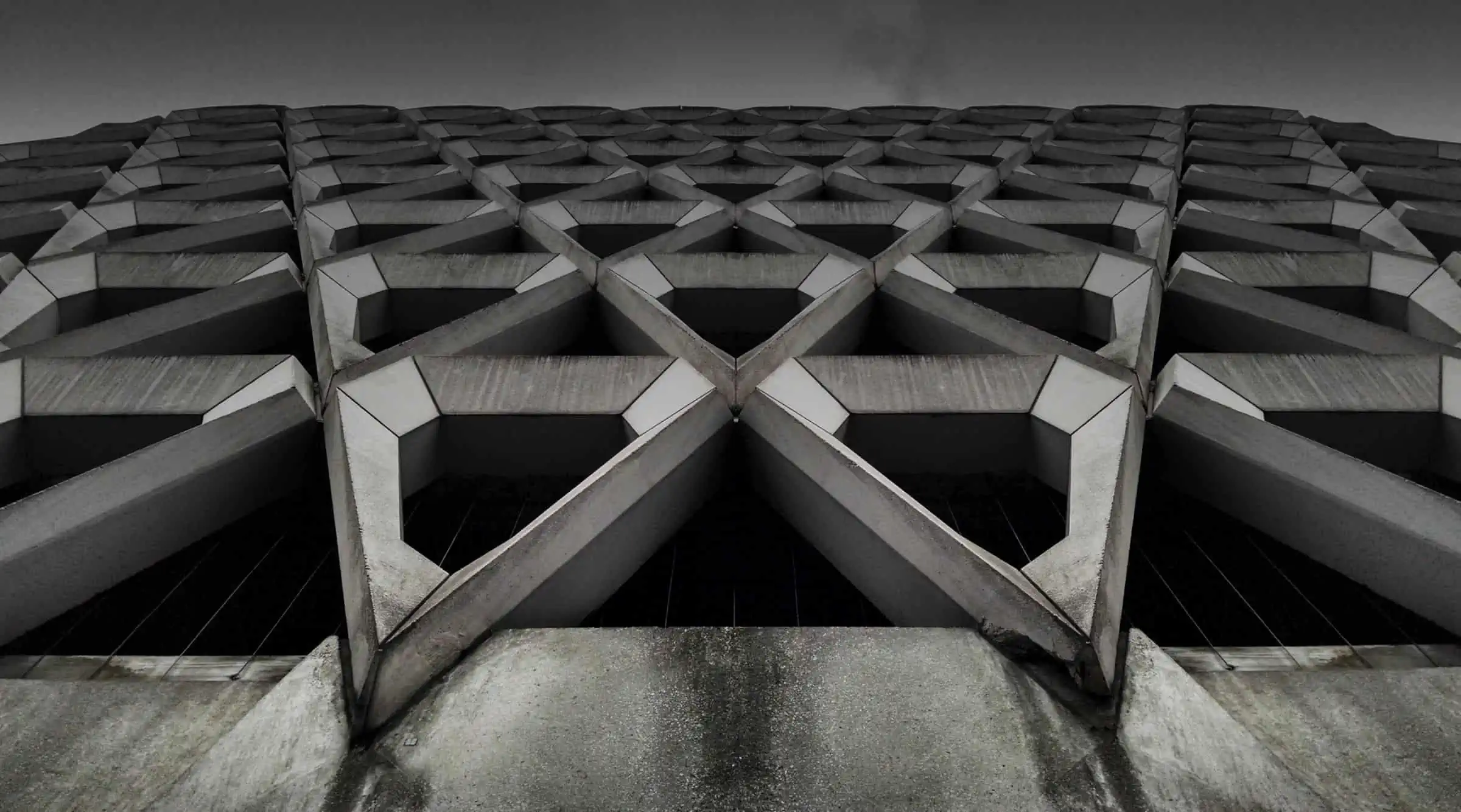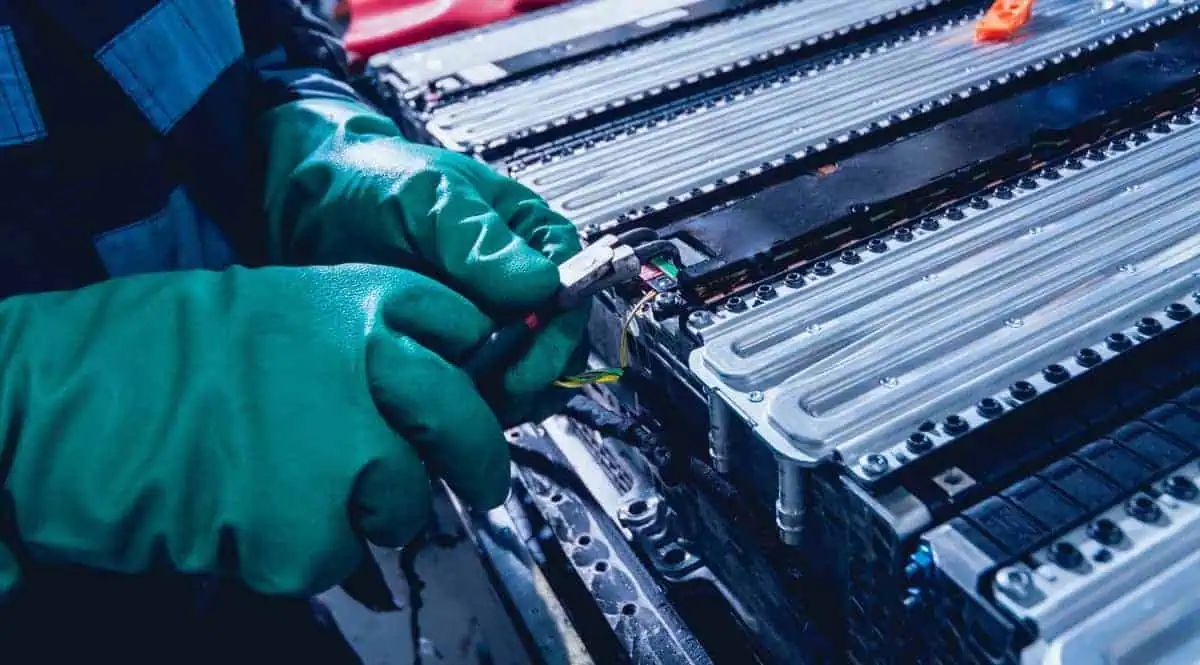American electric aircraft startup Wright Electric formally announced a new program to develop high-energy batteries with 1,000 watt-hours per kilogram (Wh/kg) pack-level capacity.
Battery program details
According to the press release, the Wright Batteries program will see the development of innovative battery packs that boast an energy density of 1,000 Wh/kg.
Wright’s proprietary batteries will apparently have a fourfold reduction in weight compared to the average li-ion batteries today. Their energy density will also be four times higher than the latter.
Wright Electric further indicated that this battery would stimulate the electrification of 100 passenger e-aircrafts, trucking, shipping, and rail.
“When I founded Wright, the best vehicle batteries had an energy density below 250 wh/kg. Now several large manufacturers are advertising cells at double that capacity, and we have visibility into new battery chemistries that could get us to our target of 1,000 wh/kg.”
Jeff Engler, Wright CEO
Objective
Wright Electric’s primary objective since its establishment in 2016 is to contribute to the decarbonization of the aerospace industry.
In that sense, the company has partnered with established organizations to accelerate the aerospace’s shift to sustainability, including NASA, Y Combinator, The US Department of Energy Advanced Research Projects Agency–Energy, and the US Department of Defense.
Wright Electric’s technological advancements
Wright Electric has developed and produced aerospace and defense-grade power-dense electric motors, inverters, and generators. It recently launched the testing of its groundbreaking e-motor with 1 MW output, with plans to conduct altitude testing at the NASA Electric Aircraft Testbed (NEAT).
In addition, it has also explored battery technologies usually missed by traditional battery makers. As part of the Wright Batteries program, the company is now applying its lightweight mechanical and e-systems expertise in battery development.
“We have developed experience building lightweight thermally managed electric propulsion systems, and we see a way to apply that knowledge to the design of large molten battery packs. To cultivate a breakthrough in energy storage, we engaged four chemistry PhDs to act as scouts for promising battery chemistries.
This month, we are beginning our second phase of validation experiments with the approaches that showed the most promise.”
Colin Tschida, Wright Electric’s Head of Powertrain
The company has collaborated with numerous academic institutions and industry partners to develop this new battery technology.
Wright Electric plans to launch the initial batch of the new battery packs for laboratory testing as early as 2025. Meanwhile, customer deliveries for these high-energy batteries are set to commence by 2027.






